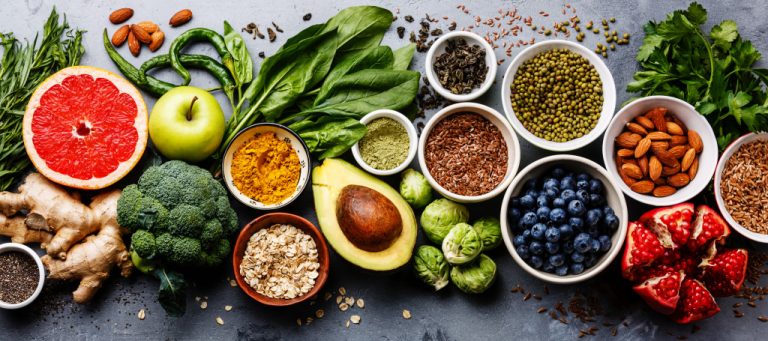Food security is an issue that affects around 10 percent of households in the United States. While the figure remained unchanged from the year before, it is still a considerable number as it affected millions of households across the country.
Aside from income, supply issues can affect food security among many people. So, stakeholders need to work towards preventing issues in the food supply. But it requires several approaches to deal with the issue and reduce the effect of food insecurity in the general population.
Here are the things that stakeholders should do to prevent issues with the food supply in the country.
Ensuring Sufficient Food Supply
Ensuring a sufficient supply of food is important to reduce food supply issues. Technological advancements allowed crop production to grow even though labor and land use decreased. Stakeholders also expect farm income to increase as crop production increases.
But environmental issues can affect crop production, especially when it comes to climate change. So, stakeholders need to find ways to reduce the effect of environmental issues on food supply. Aside from developing more resilient crops, they can also grow crops in special greenhouses designed for cold climates.
These structures can provide a stable environment for plants even in the middle of winter. They also do not rely on fossil fuels, which helps reduce pollution and promote plant growth.
Stakeholders should also adopt safe food production practices. They should ensure their production systems can adapt to different changes in the environment. Stakeholders should consider potential risks that can affect the safety of food.
Set Up a Community Garden
When the pandemic started, people set up gardens in their backyards. Homeowners set up these gardens to ensure they have a supply of food in case the pandemic worsens and affects the supply chain.
Similarly, community gardens started to provide a stable supply of food in their communities. These community gardens responded to empty grocery and supermarket shelves, which came after issues that affected the food supply chain due to the pandemic.
Setting up community gardens can help reduce food insecurity within low-income communities. It can alleviate nutritional gaps among urban residents since it provides access to fresh fruits and vegetables. It also allows them to supplement their diets with nutritional food.
Households that participate in these community gardens also develop a sense of belongingness. It also promotes social connectedness and encourages households to remain committed to their communities. Additionally, it developed mutual trust among the members of the community.

Keep the Food Safe
Stakeholders should make sure the food is nutritious and safe to consume. Unsafe food causes lost productivity when people have to deal with the effects of consuming the food. Even though it affects low to middle-income families, they make up the majority of rank-and-file employees.
To deal with the situation, stakeholders should promote sustainable agricultural systems and support collaboration among the health and agricultural sectors. It’s also essential to comply with international standards when it comes to food safety.
Set Up a Community Fridge
Aside from a community garden, a community fridge is another way to ensure food security in low-income areas across the country. Setting up these outdoor refrigerators allows people to leave and take food for their families.
The pandemic saw many community fridges set up in different parts of the country. The need to have fresh fruits and vegetables available for people sparked the concept. People started plugging refrigerators full of food outside stores, restaurants, and bodegas. The idea was for people to take what they needed and leave what they could.
Community fridges solved the problem of how to bring fresh fruits and vegetables to people who need them. It bypassed food pantries’ regulations since there were no identity checks or forms to fill out.
Provide Assistance to SMEs
Assisting small and medium enterprises (SMEs)is also important to ensure low to middle-income areas have access to the limited resources available in the country. SMEs connect farmers to retailers, distributors, and small processors. Despite the important role in ensuring food security, SMEs have little knowledge about accessing government assistance programs.
Stakeholders should reach out to them and create a cooperative ecosystem that includes private and public partners. Large companies should also support the ecosystem through capacity-sharing to ensure SMEs stay afloat amid a health crisis. They can help SMEs bring food to the market and support efforts in maintaining food safety standards to protect consumers’ health.
The pandemic affected the supply of food, which made it essential for stakeholders to work together in ensuring food security in low to middle-income areas in different parts of the country.

